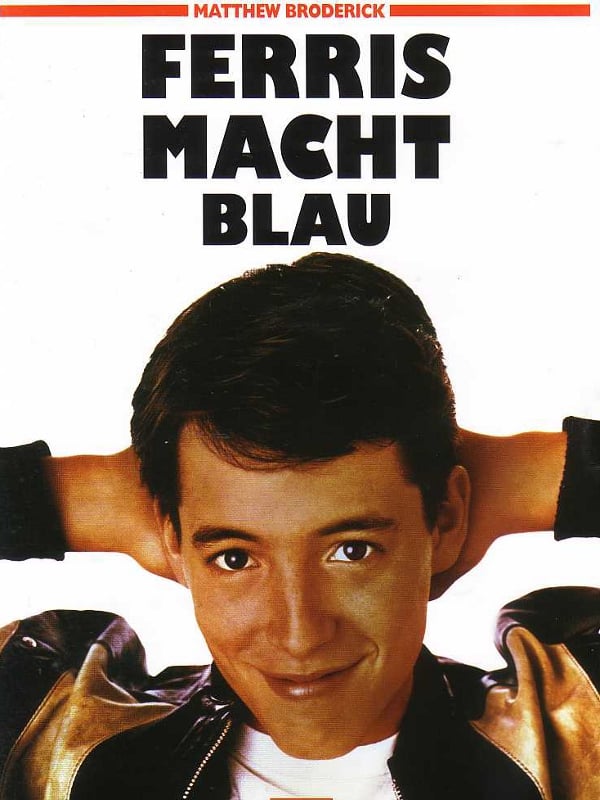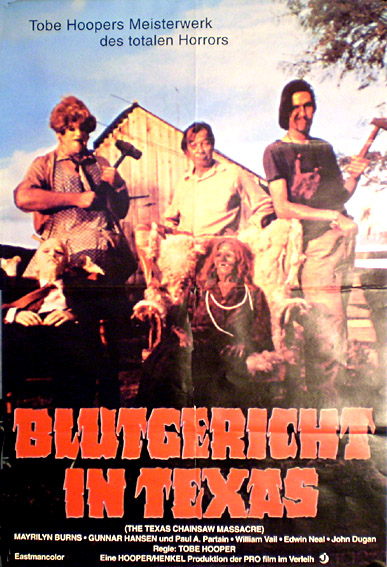Translation is having a bit of a moment, isn’t it? Three of Netflix’s most-watched shows in 2021 were non-English originals – the French ‘Lupin’ (bringing in over 70 million views for its first season), Spanish ‘Money Heist’ (S5 brought in 69 million viewers) and the South Korean series ‘Squid Game’ (with the biggest audience at 142 million).
The release of Squid Game (which is one of few series that lives up to the hype imo) sparked controversy over supposed “botched” translations, with one viewer taking to TikTok to say: “If you don’t understand Korean you didn’t really watch the same show.”
While that may be somewhat true, there are far more complexities involved in the process of translation than many people realise. And far more than fit into a 30-second TikTok video.
Let’s take a look!
Why do we translate films?
The monolithic film empire we all know as Hollywood churns out hundreds of films per year and exports them to every corner of the globe. In 2018, its exports generated around 6.1 billion US Dollars.
Despite what many arrogant Westerners may think, not everyone in the world does speak English, thus creating a huge market for translations to…well, almost any other language in the world.
There has also always been a market for importing foreign films and TV into English speaking countries. But you are not alone in thinking that over the past few years, foreign language “imports” have grown exponentially. The number of foreign language films released in the UK and Ireland between 2001 and 2019 increased steadily over the years and, as you may have noticed, Netflix’s foreign-language film and TV selection is booming. Aside from this, more and more films and series are moving into the dual-language or multilingual world. Think Narcos (Spanish-English), Barbarians (German-Latin), Unorthodox (German-Yiddish-English) and the recently released Shang-Chi (English-Mandarin).
If you know anything about the entertainment industry, you’ll know the astronomical costs involved in making modern-day films and TV. It would bankrupt most movie studios if they created the same film in several different languages.
The most cost-effective way of globalizing audiovisual content to make it accessible to wider audiences is to apply some form of audiovisual translation.
Subtitles vs Dubbing – which is better?
But which form of translation is the best? The two most common translation methods in film & TV are subtitling and dubbing (sometimes referred to as voice-over).
Dubbing replaces the original audio track with recorded dialogue in the target language. Germany, France, Spain and Italy are all big dubbing countries. According to this article, it’s because they have a population of 50 million or more and have one officially recognised language. This means it’s more economical to dub a movie or series because almost all of the viewers will understand the translated dialogue.
The problem is that when dubbing a movie, the translation and voiceover must try to match the lip movements of the original actor as closely as possible. Not only that but it needs to be culturally translated as well (replacing brands/celebrities with localised ones; changing idioms to match the target language, etc.). This can lead to a lot of the original dialogue being dropped from the translated script in order to accommodate the most important dialogue.
Sadly this means a lot of a film’s or a character’s nuances can be stripped during the translation into dubbing.
Subtitling involves far less interference, meaning the original audio track of the film is kept for the viewer to hear, but the dialogue is translated and inserted as text at the bottom of the screen. Subtitling allows the viewer to experience the “flavour of the foreign language, its mood and the sense of a different culture more than any other translation mode.”
Subtitling is my personal preferred method of watching a film or series because I feel like you, the viewer, get more of an understanding of the aforementioned nuances and subtleties in the characters. Plus, you might pick up a few little phrases in a new language!
Once you overcome the 1-inch-tall barrier of subtitles, you will be introduced to so many more amazing films
Bong Joon Ho, Director of Parasite & Okja
However, subtitling also has its drawbacks.
Much like dubbing, a lot of the original dialogue can be lost in the translation process due to a lack of space. There’s only a 1-inch tall space at the bottom of the screen for subtitles and while we know that this shouldn’t deter people from diving into the world of foreign language films (see above quote), it can be a problem in terms of full understanding. The translator of a film has to make painful decisions about which parts of the dialogue to cut because they are considered “irrelevant” to the core understanding of a film.
While it’s true that the target audience does only need to understand the general plot of a film, we all know just how much the little things can really make a film or series stand out. As Miguel Mera wrote in his academic essay “Read my lips: re-evaluating subtitling and dubbing in Europe”, “The minor subtractions that litter these scenes may not seem significant in terms of the general understanding, but during the course of a whole film they add up to a large number of drastically altered meanings.”
So which method is best? Subtitling or dubbing? Well, there are pros and cons to both.
Personally, I like to hear the original actor voice their own parts, even if I don’t understand the language. It adds more depth. Sometimes you can get lucky and find a series or film where the original actors also voice their dubbed dialogue (as with Dogs of Berlin, a German Netflix original). Most of the time, you need to make do with whichever voiceover actors are cast for the role.
Either way, both subtitling and dubbing lose cultural references and a lot of the original dialogue so it really comes down to personal preference.
Why do we translate film titles?
It could be argued that the film title is the most important part of the film itself. Without a good title and tagline, who’s even going to see the movie?
However, a LOT of English movies have titles that use culturally specific terms, sayings or idioms that simply don’t work in other languages.
This study takes a deep dive into the translation and retitling of films and uses the 2005 film ‘Hitch’ as one of its examples. The term “to get hitched” is an informal English term meaning “to get married” and has no direct translation in many languages.
For example, its Russian translation is Правила съема: Метод Хитча (English translation: Pick Up Rules – Hitch Method) and in German the title bears a description of the film to prescribe more understanding: Hitch – Der Date Doktor (Literal translation: Hitch – the date doctor).
It’s particularly difficult to translate film titles because the translator has to try and portray the same vision, tone, sense and semantics of the original film title but in the target language. It also has to provide a connection to the storyline of the film, be marketable to the target audience and observe correct translation techniques in the process.
So it’s worth thinking about this the next time you think film translations are “bad” – linguistics and translation is a tricky business.
10 Hilariously Bad German Film Title Translations:
Anyway, enough deep-diving into the “Why” and “How” – let’s get into what you really came here for. Here are 10 hilariously bad (or good) film title translations. And if you haven’t read my first post about this, check it out here!
1. Der Ritter der Kokosnuß
Direct translation: The Knights of the Coconut
Film: Monty Python and the Holy Grail

2. Confusion – Sommer der Ausgeflippten
Direct translation: Confusion – Summer of the freaky
Film: Dazed & Confused

3. Ferris macht blau
Direct translation: Ferris turns blue
Film: Ferris Bueller’s Day Off

4. Girls Club – Vorsicht bissig!
Direct translation: Girls Club – beware of biting!
Film: Mean Girls

5. Das darf man nur als Erwachsener
Direct translation: You can only do that as an adult
Film: Sixteen Candles

6. Blutgericht in Texas
Direct translation: Blood court in Texas (Gericht also means “dish” in English so it could also be Blood dish in Texas)
Film: Texas Chainsaw Massacre

7. Zwei glorreiche Halunken
Direct translation: Two glorious rapscallions/scoundrels
Film: The Good, the Bad and the Ugly

8. Alien – das unheimliche Wesen aus einer fremden Welt
Direct translation: Alien – the creepy creature from a foreign world
Film: Alien

9. Sinn und Sinnlichkeit
Direct translation: Sense and Sensuality
Film: Sense & Sensibility

10. Mord ist ihr Hobby
Direct translation: Murder is her hobby
TV Show: Murder, She Wrote

Do you have any funny film title translations in your language? Let me know!

